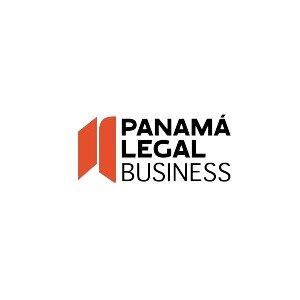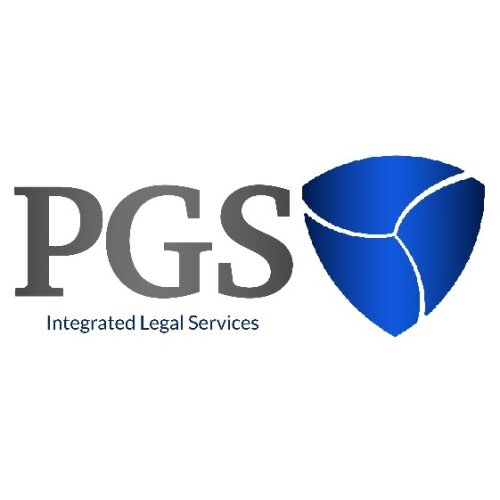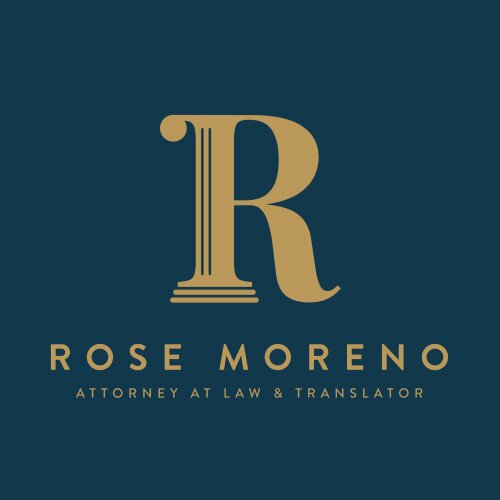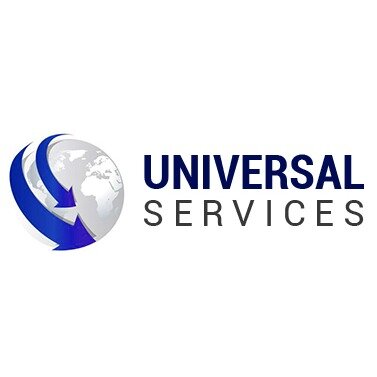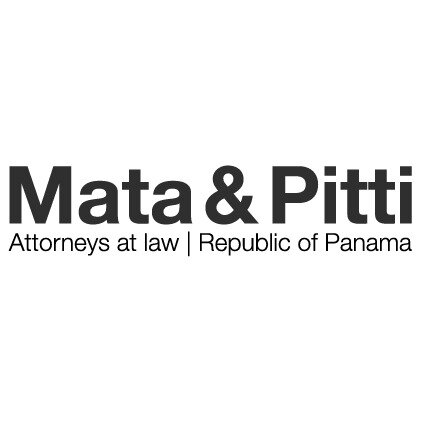Best Business Lawyers in Panama City
Share your needs with us, get contacted by law firms.
Free. Takes 2 min.
List of the best lawyers in Panama City, Panama
Panama Business Legal Questions answered by Lawyers
Browse our 1 legal question about Business in Panama and read the lawyer answers, or ask your own questions for free.
- I’m interested in starting a company in Panama. What do you recommend? Can anyone guide me or suggest someone who handles these types of procedures?
- I’m interested in starting a company in Panama. What do you recommend? Can anyone guide me or suggest someone who handles these types of procedures?
-
Lawyer answer by Attorneys-at-law Lombardi Aguilar Group
Hello! At Lombardi Aguilar Group our attorneys have been forming companies in Panama and several jurisdictions in a cost-efficient manner for 30 years.
Read full answer
Panama Business Legal Articles
Browse our 1 legal article about Business in Panama written by expert lawyers.
- Setting Up a Panama S.A. - A Practical Step-by-Step Guide
- In Panama, the standard vehicle to do business or hold assets is the Sociedad Anónima (S.A.), created under Law 32 of 1927 and registered at the Public Registry of Panama. An S.A. must have at least 3 directors, designated as dignitaries (President, Secretary, Treasurer), and at least 1 shareholder; only... Read more →
About Business Law in Panama City, Panama
Panama City serves as a dynamic business hub in Latin America, known for its robust financial services sector, strategic location as a gateway between North and South America, and the vital Panama Canal. The city offers a favorable business environment characterized by political stability, a growing economy, and tax efficiencies. Business law in Panama City encompasses various aspects, including company formation, taxation, contracts, employment, and compliance with both domestic and international regulations. The legal framework supports diverse business activities, from banking and logistics to tourism and real estate.
Why You May Need a Lawyer
Engaging a lawyer for business in Panama City can be crucial in several scenarios. Legal professionals assist with the incorporation and structuring of entities, ensuring compliance with local regulations. They provide guidance on tax planning to maximize efficiency, help navigate employment laws, and draft contracts to secure business relationships. Additionally, lawyers offer essential support in dispute resolution, intellectual property protection, and mergers or acquisitions. For foreign investors, legal assistance is vital to understand local legislative nuances and safeguard investments.
Local Laws Overview
Understanding local business laws is essential for operating effectively in Panama City. Key aspects include the Commercial Code, which governs business operations, and the various laws regulating different business entities such as corporations, limited liability companies, and partnerships. Taxation laws are another crucial area, with Panama offering a territorial tax system where only income generated within the country is subject to tax. Employment laws provide frameworks for labor contracts, working conditions, and employee rights. Moreover, Panama is known for its laws protecting offshore banking and its secure financial services environment.
Frequently Asked Questions
What is the process for setting up a business in Panama?
The process typically involves selecting a business structure, registering the company with the Panama Public Registry, obtaining a business license, registering for taxes, and opening a corporate bank account.
Do foreign businesses get special treatment in Panama?
Panama offers significant incentives for foreign businesses, including tax benefits for certain sectors and special regimes, such as the Multinational Companies Headquarters (SEM) regime, designed to attract international businesses.
What taxes are applicable to businesses in Panama?
Businesses in Panama are subject to income tax, which is levied only on income generated within the country, as well as VAT (Value-Added Tax), import duties, and other industry-specific taxes.
Is it necessary to hire Panamanian employees for a business in Panama?
While there are no strict requirements to hire only Panamanian employees, labor laws do stipulate that at least 90% of a company's workforce must be Panamanian nationals, though there are some exceptions.
How are business disputes resolved in Panama?
Business disputes can be resolved through negotiation, mediation, arbitration, or litigation. Panama has a well-established legal framework for arbitration which is often preferred for its efficiency.
Are there specific licensing requirements for certain industries?
Yes, certain industries, such as banking, insurance, and telecommunications, have specific licensing requirements that must be adhered to before commencing operations.
What are the benefits of forming an offshore company in Panama?
Offshore companies in Panama benefit from tax advantages, strong privacy protections, and a flexible legal structure that supports a wide range of business activities.
Can foreigners own property or businesses in Panama?
Foreigners have the right to own property and businesses in Panama, with the same rights and responsibilities as Panamanian citizens, subject to some restrictions in border areas.
What is the role of the Panama Canal in local business law?
The Panama Canal significantly impacts local business law, particularly in the logistics and shipping industries, with specific regulations and opportunities tied to canal-related activities.
How does one ensure compliance with environmental regulations in operations?
Businesses must conduct Environmental Impact Assessments (EIA) and obtain the necessary environmental permits as mandated by the National Environmental Authority (ANAM) to ensure compliance.
Additional Resources
For further guidance, consider consulting the Panama Chamber of Commerce, Industry, and Agriculture; the Superintendency of Banks of Panama; or the national agency responsible for promoting investments, ProPanama. These organizations provide invaluable support and resources for businesses.
Next Steps
If you need legal assistance for your business in Panama City, it's advisable to consult with a qualified lawyer specializing in Panamanian business law. Consider scheduling consultations with several firms to compare expertise, services, and fees. Prepare all necessary documents and a summary of your business needs or challenges to ensure an efficient consultation process. Your lawyer will guide you through the legal intricacies of your business operations, ensuring compliance and strategic advantage in Panama's competitive market.
Lawzana helps you find the best lawyers and law firms in Panama City through a curated and pre-screened list of qualified legal professionals. Our platform offers rankings and detailed profiles of attorneys and law firms, allowing you to compare based on practice areas, including Business, experience, and client feedback.
Each profile includes a description of the firm's areas of practice, client reviews, team members and partners, year of establishment, spoken languages, office locations, contact information, social media presence, and any published articles or resources. Most firms on our platform speak English and are experienced in both local and international legal matters.
Get a quote from top-rated law firms in Panama City, Panama — quickly, securely, and without unnecessary hassle.
Disclaimer:
The information provided on this page is for general informational purposes only and does not constitute legal advice. While we strive to ensure the accuracy and relevance of the content, legal information may change over time, and interpretations of the law can vary. You should always consult with a qualified legal professional for advice specific to your situation.
We disclaim all liability for actions taken or not taken based on the content of this page. If you believe any information is incorrect or outdated, please contact us, and we will review and update it where appropriate.
Browse business law firms by service in Panama City, Panama
Panama City, Panama Attorneys in related practice areas.




